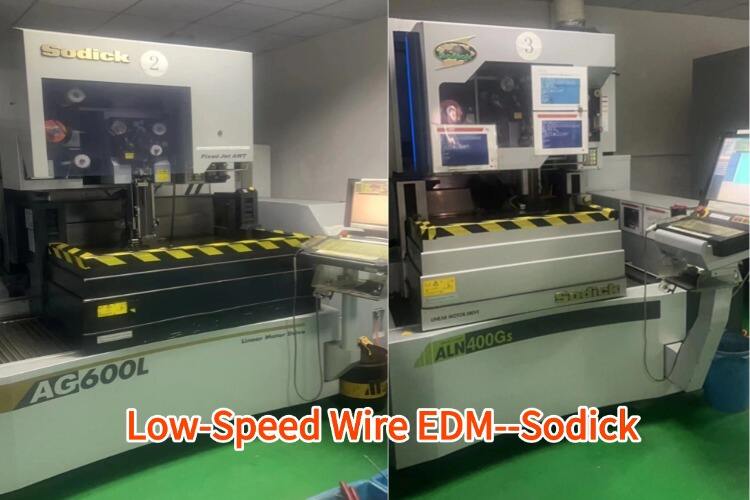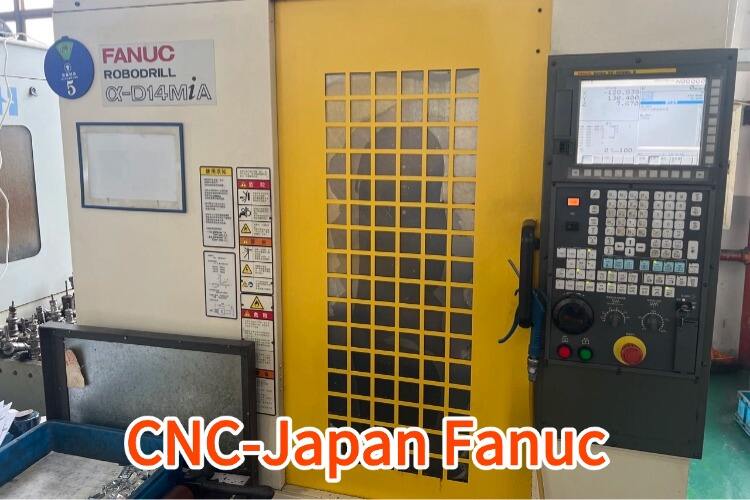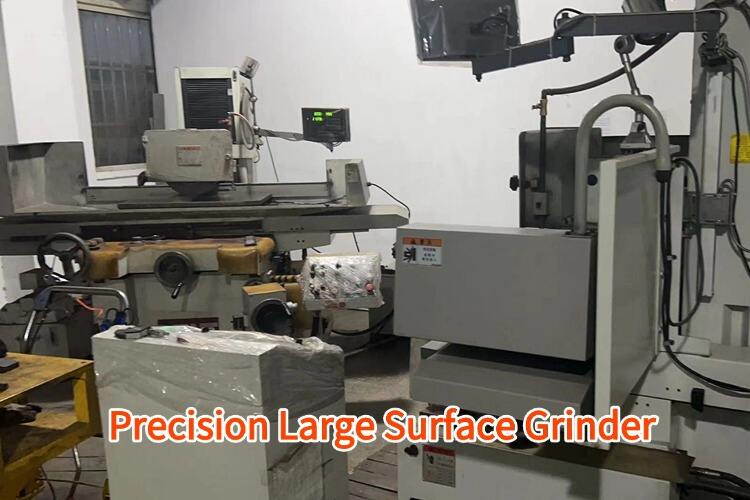custom metal milling
Custom metal milling represents a sophisticated manufacturing process that transforms raw metal materials into precise, customized components through controlled material removal. This versatile technique employs advanced CNC machinery to create complex geometries and intricate designs with exceptional accuracy. The process involves using rotating cutting tools to systematically remove material from a workpiece, allowing for the creation of diverse features including slots, holes, pockets, and contoured surfaces. Modern custom metal milling operations integrate computer-aided design (CAD) and computer-aided manufacturing (CAM) systems, enabling manufacturers to achieve tolerances as tight as ±0.0005 inches. The technology accommodates a wide range of metals, from aluminum and steel to exotic alloys, making it indispensable in industries such as aerospace, automotive, medical device manufacturing, and precision engineering. The process stands out for its ability to maintain consistent quality across production runs while offering the flexibility to modify designs quickly and efficiently. Advanced multi-axis milling centers can perform complex operations from multiple angles, reducing the need for multiple setups and ensuring superior surface finishes.


